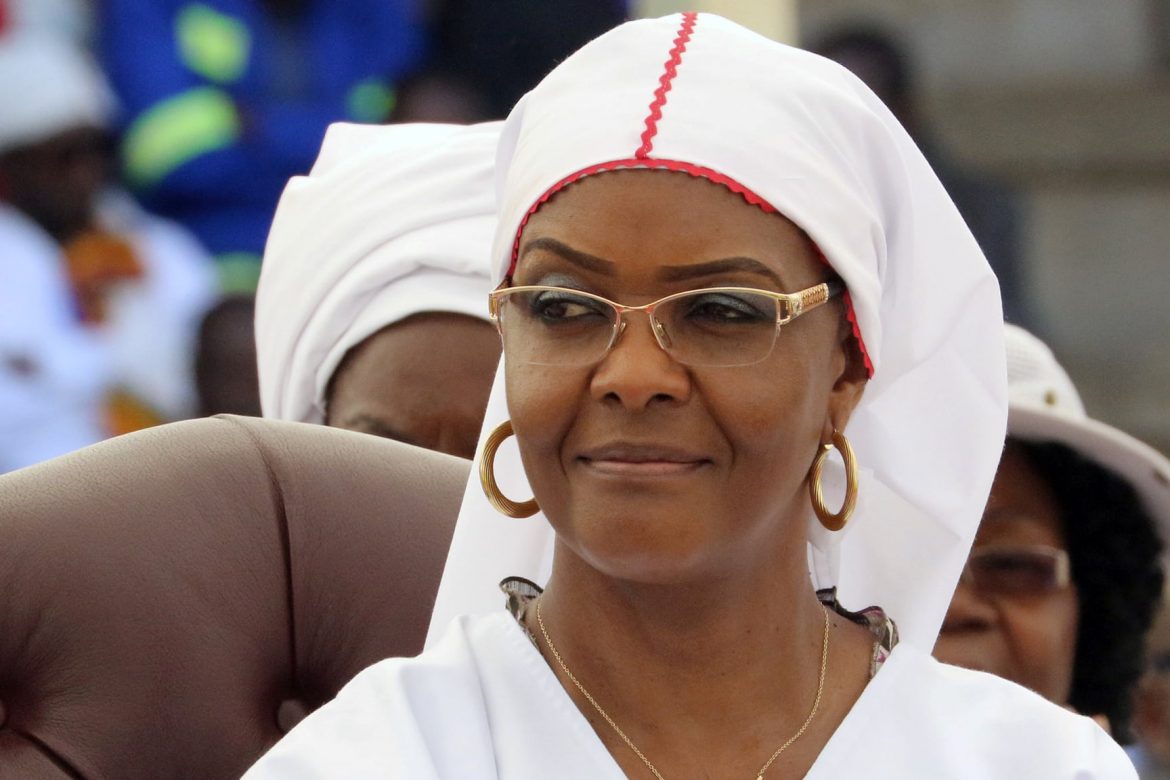This material belongs to: The Guardian.
Former first lady obtained her 2014 doctorate in just a few months, but her dissertation has never been published.
Zimbabwean anti-corruption investigators are probing whether former first lady Grace Mugabe fraudulently obtained a doctorate that she apparently received within months, the dissertation for which remains unpublished.
Grace Mugabe, whose apparent desire to succeed her husband prompted the army takeover that eventually saw Robert Mugabe resign, was awarded a PhD by the University of Zimbabwe in 2014.
Critics argued at the time that Grace Mugabe had not actually studied or undertaken research to earn the doctorate and that she had been handed her diploma just months after enrolling. PhDs typically require several years of full-time research and writing.
Her dissertation has never been made public, according to local media, breaking with the established policy of most Zimbabwean public universities to publish doctoral students’ theses.
The state-run Herald newspaper reported in 2014 that her dissertation was on the theme of “changing social structure [and] the functions of the family” and that she undertook research on Zimbabwean children’s homes.
Grace Mugabe was personally capped by her husband, the then-president and also the chancellor of the University of Zimbabwe, and praised by other government officials who defended the controversial degree award.
“We confirm there is such a report and there is such a probe,” said Zimbabwe anti-corruption commission spokeswoman Phyllis Chikundura, who declined to provide further details.
In November 2017, Robert Mugabe fired vice-president Emmerson Mnangagwa, a move that was seen as opening the way for his wife’s succession. A few days later the military took control of the country, leading to Robert Mugabe’s resignation on 21 November.
Mnangagwa was sworn in as president days later and both Robert and Grace Mugabe have kept a low profile since their spectacular reversal of fortune.
During the height of the upheaval, students at the University of Zimbabwe boycotted their end-of-term exams to call for Grace Mugabe to be stripped of her PhD and Robert Mugabe of the presidency.
Grace Mugabe was routinely accused of extravagant spending on luxury clothes and international travel, and of involvement in corrupt land deals.
She showed her political mettle in 2014 with her ruthless campaign against then vice-president Joice Mujuru, who was a contender to succeed her husband.
A similar briefing campaign – conducted both publicly and behind the scenes – against Mnangagwa is widely seen as having led to her husband’s downfall.


